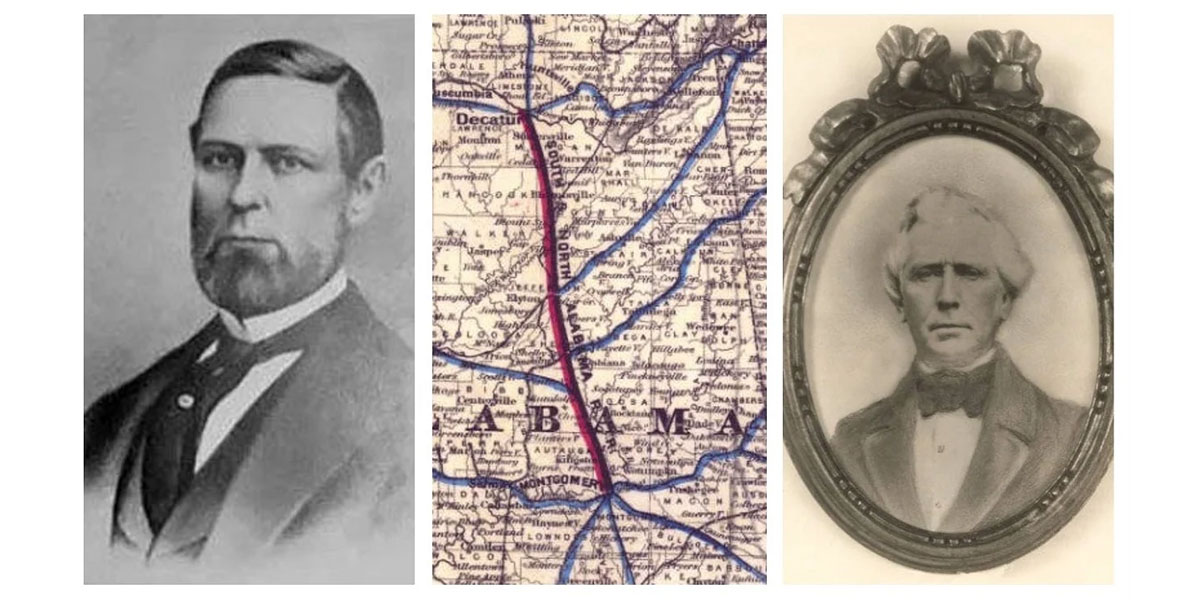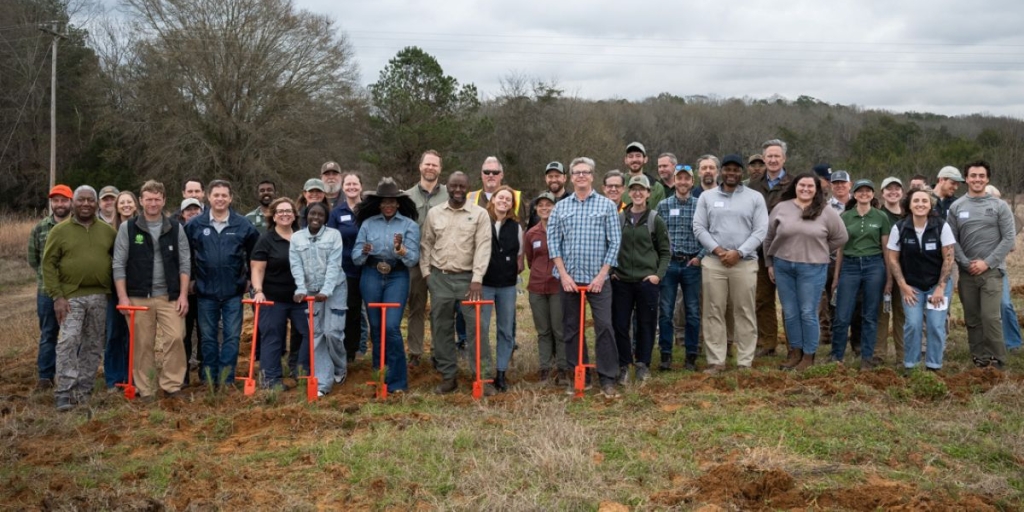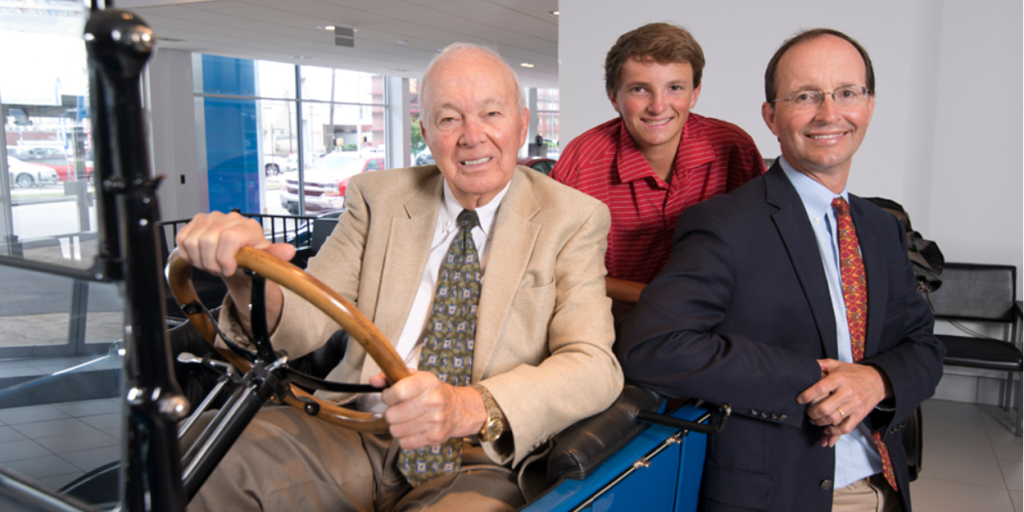Six days before Christmas Day of 1870, a group of wealthy and well-connected men met in the Montgomery offices of Josiah Morris & Co., a private banking firm.
In addition to Morris, the group consisted of nine others who had agreed to put up a total of $200,000 – about $4.2 million in current dollars – to purchase shares in a newly-formed real estate concern.
Nearly all of the men had connections to the South and North Alabama Railroad, then under construction from Montgomery to Decatur. The railroad’s route would take it through Jefferson County, where there were vast deposits of iron ore and coal that, the group envisioned, would lead to the development of a major industrial center.
The following day, December 20, a filing in the Jefferson County Probate Court, incorporated the group as the Elyton Land Company. The document declared the new company’s object to be “laying off and effecting the building of a city.”
Just over a month later, on January 26, 1871, the Elyton Land Company met for the purpose of electing five directors. A day later, the directors unanimously chose as the company’s president James R. Powell, a native Virginian who came from a family that had lost its fortune and who spent his adult life making and expanding one of his own.
Powell had come to Alabama from Mississippi, where he owned a plantation, ran a stagecoach company, and served in the state legislature. Volubly flamboyant, he would become the young city’s most energetic promoter, coining the enduring nickname “The Magic City” and earning himself the nickname “The Duke of Birmingham.” In 1873, he would become the city’s first popularly elected mayor. His eventual successor as president of the Elyton Land Company, Henry M. Caldwell, later wrote a history of the company that included an extensive tribute to Powell:
Colonel Powell was a man of commanding influence, by reason of his very positive character and indomitable energy; having entered into the project of building a city, he bent all the energies of his nature to that end. Having an abiding faith in the vast possibilities of Birmingham, by an extensive system of advertising and the confident manner in which he proclaimed its brilliant future, he exerted a wonderful influence in inspiring confidence in others.
After Powell’s election as president of the Elyton company, the full group of shareholders reconvened for the purpose of adopting bylaws. Among those was one declaring, for the first time, that “The city to be built by the Elyton Land Company … shall be called ‘Birmingham.’”
Who suggested the name? There is some dispute – and no official record of the name’s source – but the most conclusive evidence points to Powell. This is supported by the fact that he had recently toured Birmingham, England, that country’s second-largest city and the leading center of the Industrial Revolution, and was inspired by the massive iron works there. In 1930, Powell’s daughter, Mary Powell Crane, recalled in her biography of her father that he was “greatly impressed by the industries” of the English city and “never tired of telling about his visit” there.
A few accounts have attributed the suggestion of the name to Josiah Morris, the Montgomery banker who was the largest shareholder in the Elyton Land Company. But, in contrast to Powell’s tireless engagement in building up the new city, Morris’ business and civic engagements remained in Montgomery.
In his book, “This is Birmingham,” published posthumously in 1960, John C. Henley Jr. – who was born in Birmingham in 1880, went on to a career as a reporter and editor for The Birmingham News, and was the founder and president of both the Birmingham Publishing Company and the Birmingham Historical Society – wrote that “credit for the christening of the new city must go to Colonel Powell.” He added that the “evidence seems fairly conclusive that the president of the new company should have been the one to suggest the name.”
Regardless of the name’s origin, “Birmingham” won out over several more prosaic possibilities. One was Milnerville, after John T. Milner, the earliest proponent of developing Alabama’s rail network and the first to envision the emergence of a great city at the junction of railroads in Jefferson County.
There was also Powellton and Morriston, as well as Muddtown, the last after Judge William S. Mudd, also a shareholder in the Elyton Land Company and owner of the plantation house at Elyton preserved today as the Arlington Home and Gardens. Reportedly, the suggestion of Muddtown was at least partly a joke, in reference to the condition of the streets in the rustic new settlement.
In the end, the choice of Birmingham captured the aspirations of the city’s founders. Paying tribute to England’s industrial giant, they were perhaps intent on projecting an air of cosmopolitanism. Undoubtedly, they also were expressing their shared vision and optimism for the future of what was at the time nothing more than an isolated rail crossing.
Editor’s note: Dec. 19, 2021 marked the 150th birthday of Birmingham. Precisely 150 years ago, on Dec. 19, 1871, the city of Birmingham was officially chartered by the Alabama Legislature. In commemoration of this day, Alabama NewsCenter explores the origins of the city’s name.
(Courtesy of Alabama NewsCenter)













